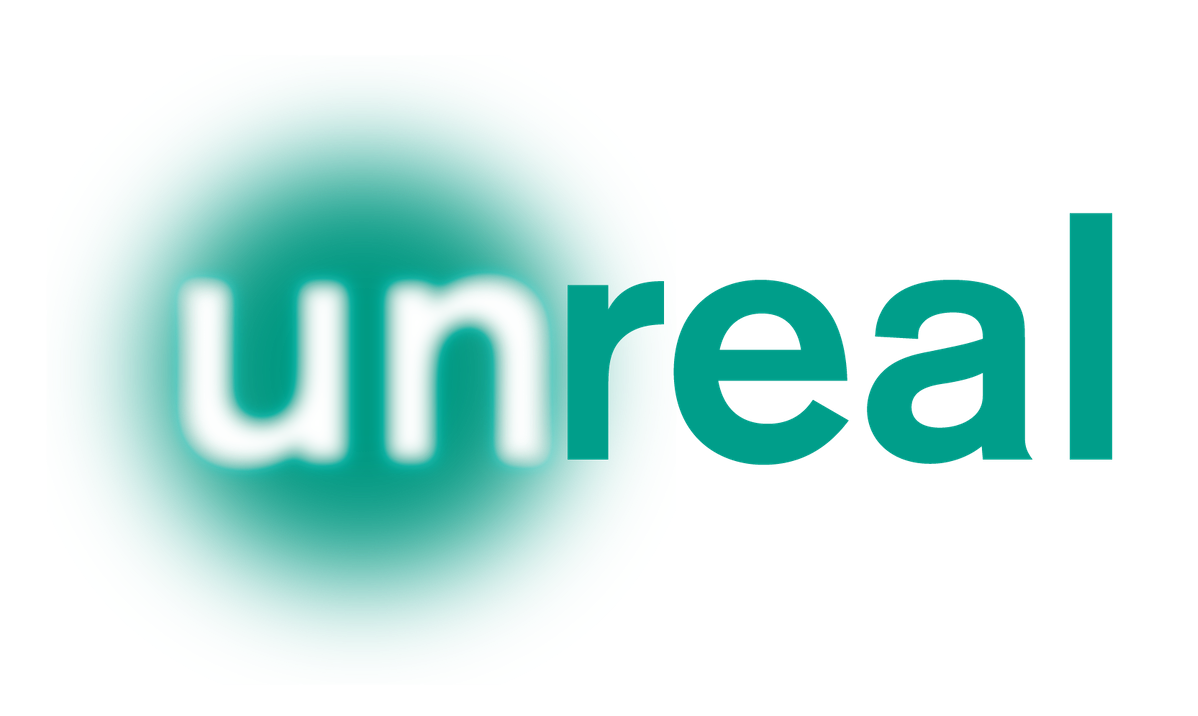2021-22 Annual Round-Up
Published: April 2022
This period was again overshadowed by the Covid-19 pandemic and the corresponding restrictions, meaning our charity’s operations remained almost entirely virtual. The most major adjustment we made during the previous period was to move our peer support program online when in-person spaces became closed – running free sessions on Zoom for members of the community. What we quickly realised, however, was that by making the groups not London-centric, they were then available to a much larger audience. This was positive in that we began to attract participants from all over the world (including Europe, America, Canada, Australia, and India), but it came with the problem of the monthly sessions becoming oversubscribed and the 20 free tickets were typically running out within minutes. We committed to monitor this situation last year, and ultimately made the decision to recruit and train new volunteer facilitators, with the aim of doubling the number of sessions we could offer – something we successfully implemented at the start of 2022. After one of the sessions, a participant emailed us stating: “In peer support sessions, I’ve felt more emotionally connected…these are the only people who understand what I’m going through.” During this reporting period we have run a total of 15 virtual peer support sessions, with 271 free tickets used by members of the community. We have also continued running our internal peer support groups reserved for members of Unreal to look after the wellbeing of our trustees, board members and volunteers.
We successfully hosted our planned virtual launch event for Unreal in May via a Zoom Webinar, which saw some of our board members and ambassadors taking questions from invited members of the press, as well as footage compiled from interviews with members of the DPRD community and some animated illustrations created for us to help depict what the condition is like to live with. We then made the footage of this event available on our YouTube page and participated in a ‘Replay Premiere’ allowing us to chat directly with our charity followers as the recording was played out.
Our online presence has continued to grow, with overall website visits up approximately 15% on the previous 12 months, and overall page views up nearly 10%. But, most interestingly for us, we’ve found a dramatic increase of 64% in the number of overall hits that have come directly from a Google search – which suggests both a continuing global increase in the awareness of DPRD and that more people are searching about the condition; and also that we’re playing a big part in the awareness-raising process by having the most current medically-validated information available online, as people are clearly discovering us directly from their internet searches. Activity on our social media channels also increased significantly, with our Facebook ‘impressions’ up 14% on the previous year, and Instagram ‘impressions’ up over 600%(helped by a couple of particularly popular posts).
Trustee Joe Perkins released his book Life On Autopilot: A Guide To Living With Depersonalisation Disorder, which was published worldwide by Jessica Kingsley Publishers on 21 June 2021 in conjunction with Unreal. The initial response has been positive, with it regularly being a topic of conversation on social media and in our peer support groups, and Joe has promoted it on the likes of BBC Radio 4, the Mentally Yours podcast and in The Metro.
Another exciting development was that the study into specialised CBT for DPRD, for which Unreal was a co-applicant, was approved and funded by the NIHR – meaning that the charity is now directly involved inrunning a two-year first-of-its-kind randomised feasibility study, involving the training of NHS clinicians to deliver specialised therapy for the condition. We envision the outcome(s) of this study acting as a basisto apply for greater funding to conduct a much larger trial into the efficacy of the treatment.
We have been having many internal discussions about how we can begin to use more of our funds (kindly donated by our supporters) to further the key objectives of the charity – especially now that Covid-19 restrictions have largely eased. We have so far identified 26 actions for which investment would help them progress, but we’ve narrowed these down to a handful of key primary objectives to focus on.
We are wanting to redesign our website, with an emphasis on improved user flow and include a wider variety of content – including new video footage (to reduce the reliance on heavy-text), introduce a community Blog section and give our content a more positive angle overall. To do this effectively, we will likely need to employ a professional web designer to work on the back-end and graphic design, as well as potentially hiring a space and camera equipment to create the new video content.
Given the huge success of our virtual peer support program – and the sustained demand for places in the sessions – we’re also looking at how these could be even expanded beyond the doubling of sessions implemented at the start of 2022. Potential ideas currently include hiring a professional to offer more clinical sessions (e.g. mindfulness workshops), lunchtime and weekend sessions, and the realisation of our Young People’s peer support groups.
Finally, we’re aiming to create, print and disseminate awareness-raising literature all about DPRD to the likes of doctors surgeries, mental health teams and university mental health societies. These plans will incur printing and postage costs.

